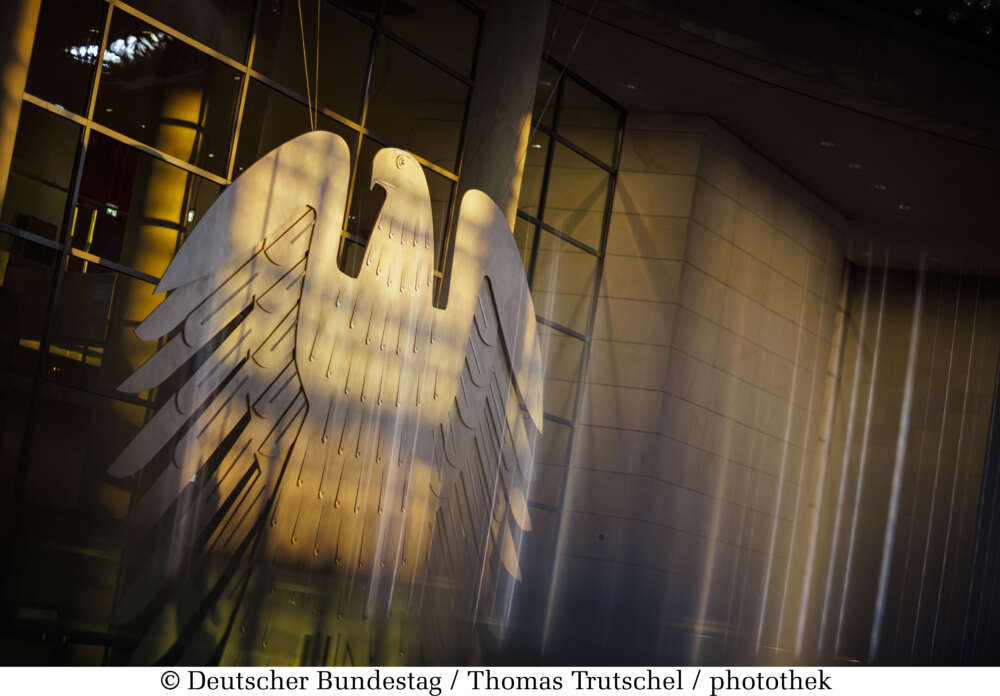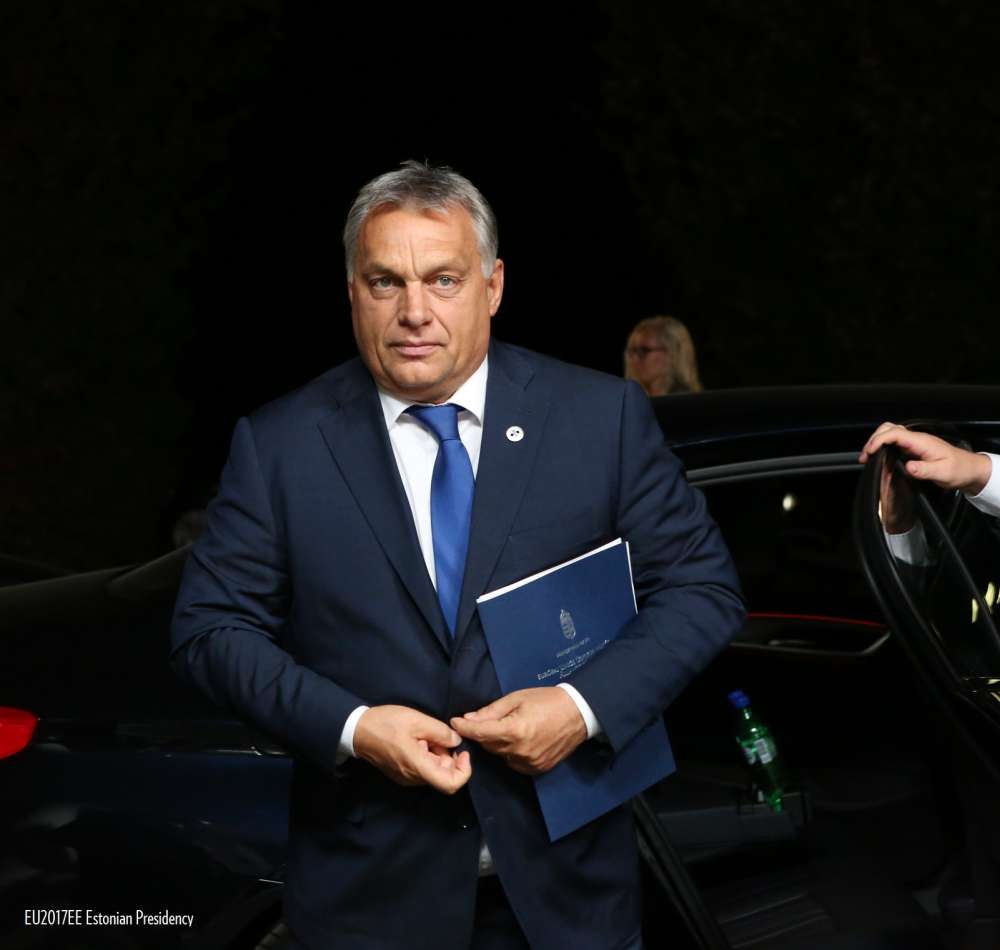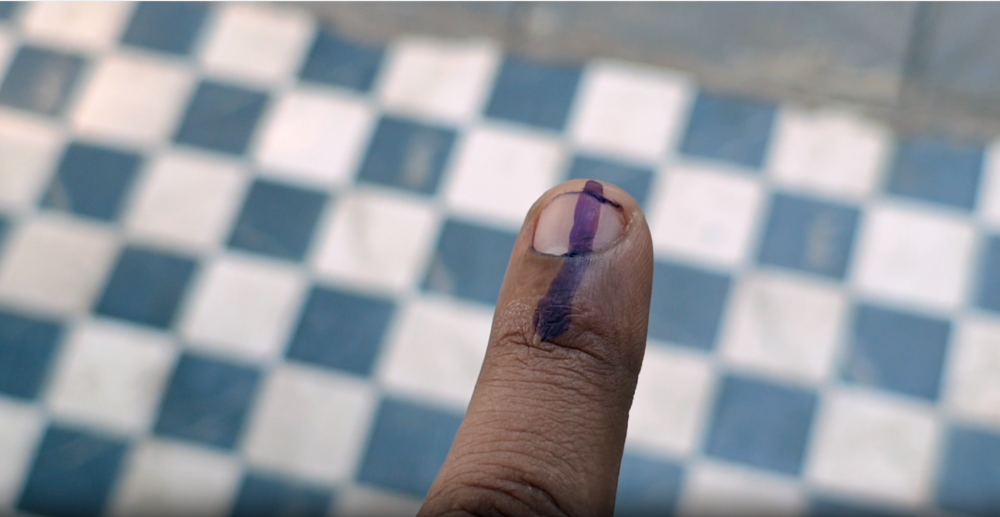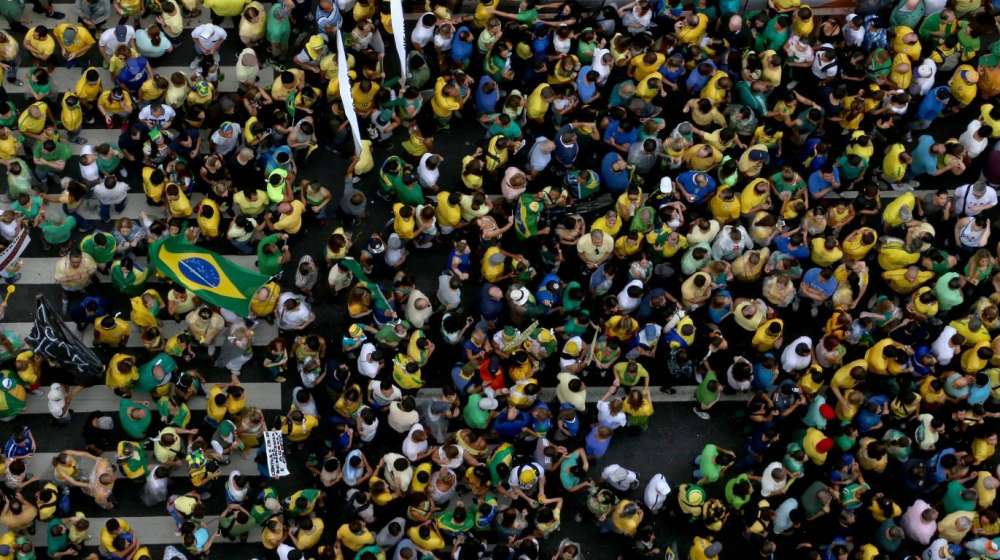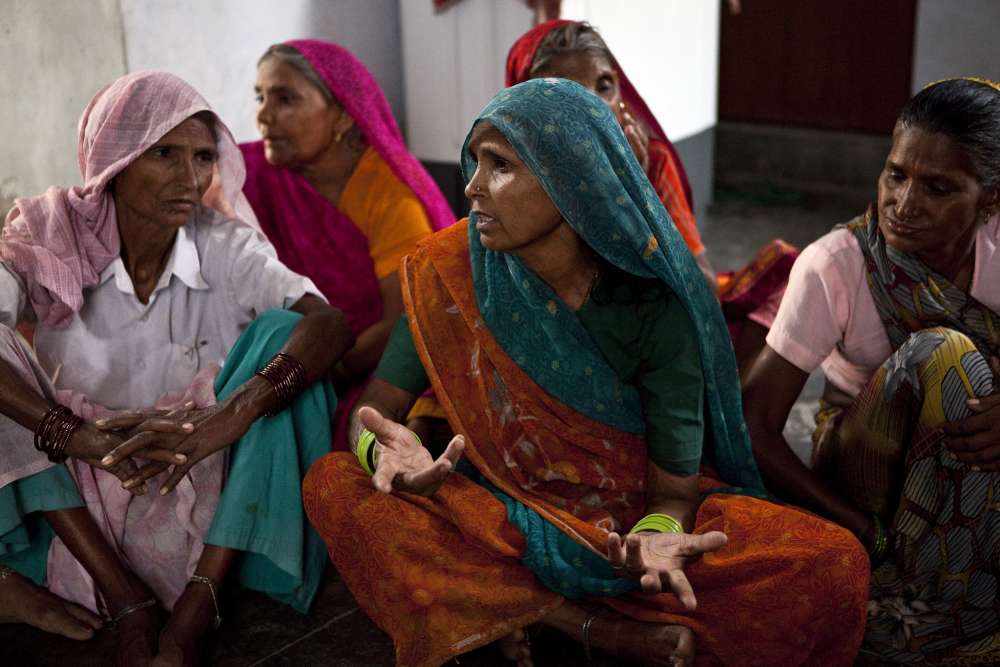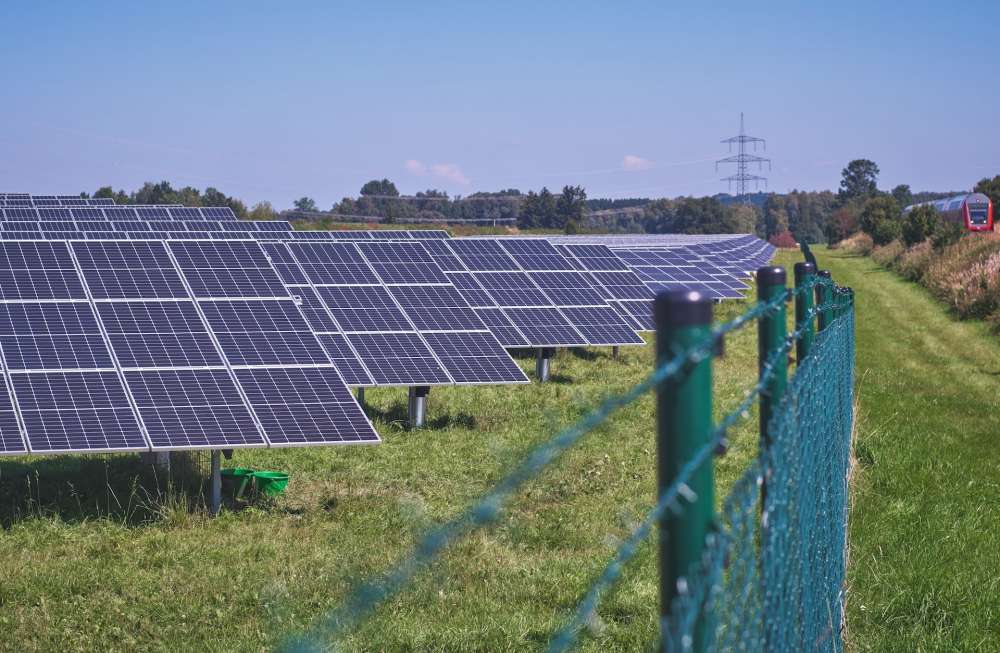Free Universities: Putting the Academic Freedom Index Into Action

Academic freedom is a universal right and essential to quality education, teaching and research. It is a driver of innovation, enhances the capacity of scholars and students to acquire and generate knowledge, and thereby protects societies’ capacity for self-reflection. While states and universities throughout the world have long committed to respecting academic freedom, it remains poorly understood – and is under attack in many places.
As this report gets published, the international community is still addressing the global COVID-19 pandemic. Higher education institutions have tried to adapt to the new circumstances by implementing physically distanced learning and, where possible, through virtual collaborations. But above all else, they have had to rely on and demonstrated creativity. That includes the countless academic institutions and researchers who have harnessed their expertise to support the responses to the pandemic and its aftermath.
However, the COVID-19 pandemic has also ushered in new threats to academic freedom. Most notable among these are increased opportunities for the surveillance of research, teaching and discourse, as well as sanctions, restrictions, self-censorship, and isolation. While these measures are especially prevalent in repressive countries, online harassment can happen anywhere. In the coming year, states, higher education leaders and institutions, funders, and advocates alike must remain alert to and guard against such threats to academic inquiry and expression. We must redouble our commitment to the principle that academic freedom matters – not just to higher education, but to everyone.
We offer this report to assist efforts to put the Academic Freedom Index (AFi) into action, for the benefit of present and future societies. This second iteration of the AFi data draws on contributions by some 2,000 country experts from around the world and covers 175 countries and territories – compared to 144 countries in the first edition – over the period from 1900 to 2020. The data is publicly available and includes more than 140,000 observation points, several indicators, and an aggregate index on academic freedom based on a Bayesian measurement model. V‑Dem provides an online graphing tool that can be used to analyze any of the indicators.
The Academic Freedom Index is a robust instrument for research, but it also serves to inform policy debates among government officials, parliamentarians, research funders, university administrators, academics, students, and advocates. This report aims to further contribute to such debates. After introducing the objectives of the index as well as the dataset, we provide specific recommendations for key stakeholders on how they can apply the AFi to protect and promote academic freedom worldwide.
The full report as well as a methodological working paper are available for download.
The Academic Freedom Index was developed collaboratively by experts at the Global Public Policy Institute (GPPi), the Friedrich-Alexander-Universität Erlangen-Nürnberg (FAU), the Scholars at Risk Network, and the V‑Dem Institute.

